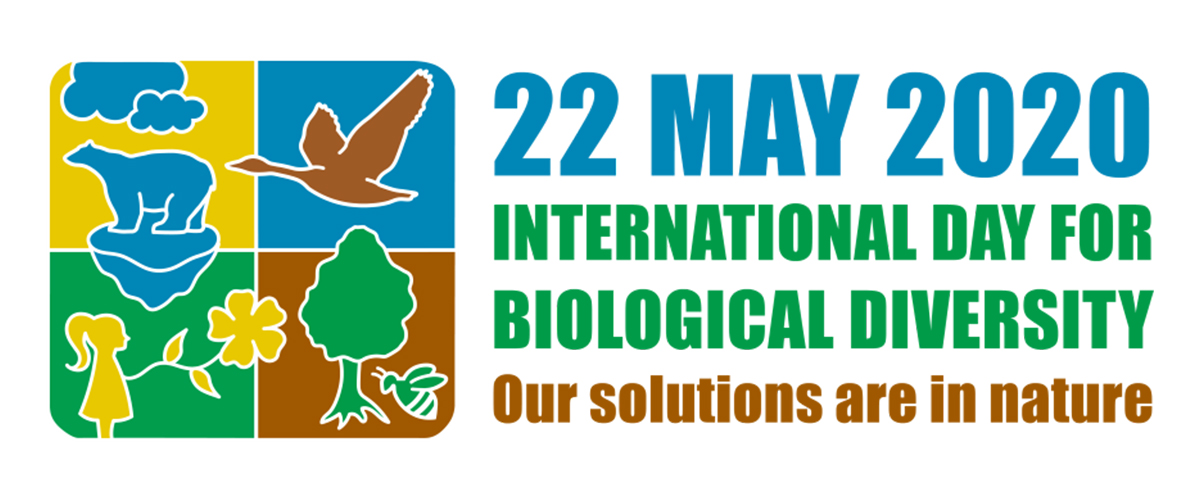 With the Covid-19 pandemic closing down economic activities around the world, there has been much discussion about human relationship to nature. Stories about wild animals taking back spaces normally used by people, but also complex issues around wildlife trade and the impact of the lockdown on poaching highlight the impact that human activity has on the environment in a myriad of ways. It also highlights that nature is resilient and would rapidly adapt if human activity was to change. This gives us hope that biodiversity loss and environmental damage could be reversed or mitigated if we adopt different lifestyles and consumption patterns. Nature’s resiliency and ingenuity should be a source of inspiration and innovation.
With the Covid-19 pandemic closing down economic activities around the world, there has been much discussion about human relationship to nature. Stories about wild animals taking back spaces normally used by people, but also complex issues around wildlife trade and the impact of the lockdown on poaching highlight the impact that human activity has on the environment in a myriad of ways. It also highlights that nature is resilient and would rapidly adapt if human activity was to change. This gives us hope that biodiversity loss and environmental damage could be reversed or mitigated if we adopt different lifestyles and consumption patterns. Nature’s resiliency and ingenuity should be a source of inspiration and innovation.
Today is “World Biodiversity Day” and the 2020 theme, “Our solutions are in nature” highlights that nature and biodiversity are key to provide essential goods and service such as medicines, food, clothes, shelter, and energy, to name a few, but also represent a constant source of inspiration to design new sustainable approaches and technologies for tackling socio-environmental challenges.
One of the natural phenomena that has inspired nature-based approaches towards new solutions is gene drive, the ability of a genetic element to be inherited more frequently than most genes. Gene drives are a mechanism that increases the frequency of the inheritance of a specific trait beyond the 50% usually observed in Mandelian inheritance.
Inspired by the observation of several organisms that are known to possess gene drives naturally, scientists have been investigating the potential to develop synthetic gene drive systems to produce innovative solutions for intractable problems, such as the eradication of infectious diseases like malaria or invasive alien species for the conservation of biodiversity.
Beyond gene drives, nature has inspired many of the latest advances in science, biotechnology, modern engineering that form what is collectively known as synthetic biology. Thanks to synthetic biology techniques, scientists are able to mimic natural processes to improve crops and animal production, produce products like milk, leather and beef, develop new drugs and health technologies and support biodiversity conservation and its sustainable use.
The “Our solutions are in nature” theme is a powerful reminder to all of us to find in the same nature the right inspiration to protect our environment better. Now is time to act for biodiversity and do all we can to halt its loss and unsustainable use. #BiodiversityDay
Recent posts
